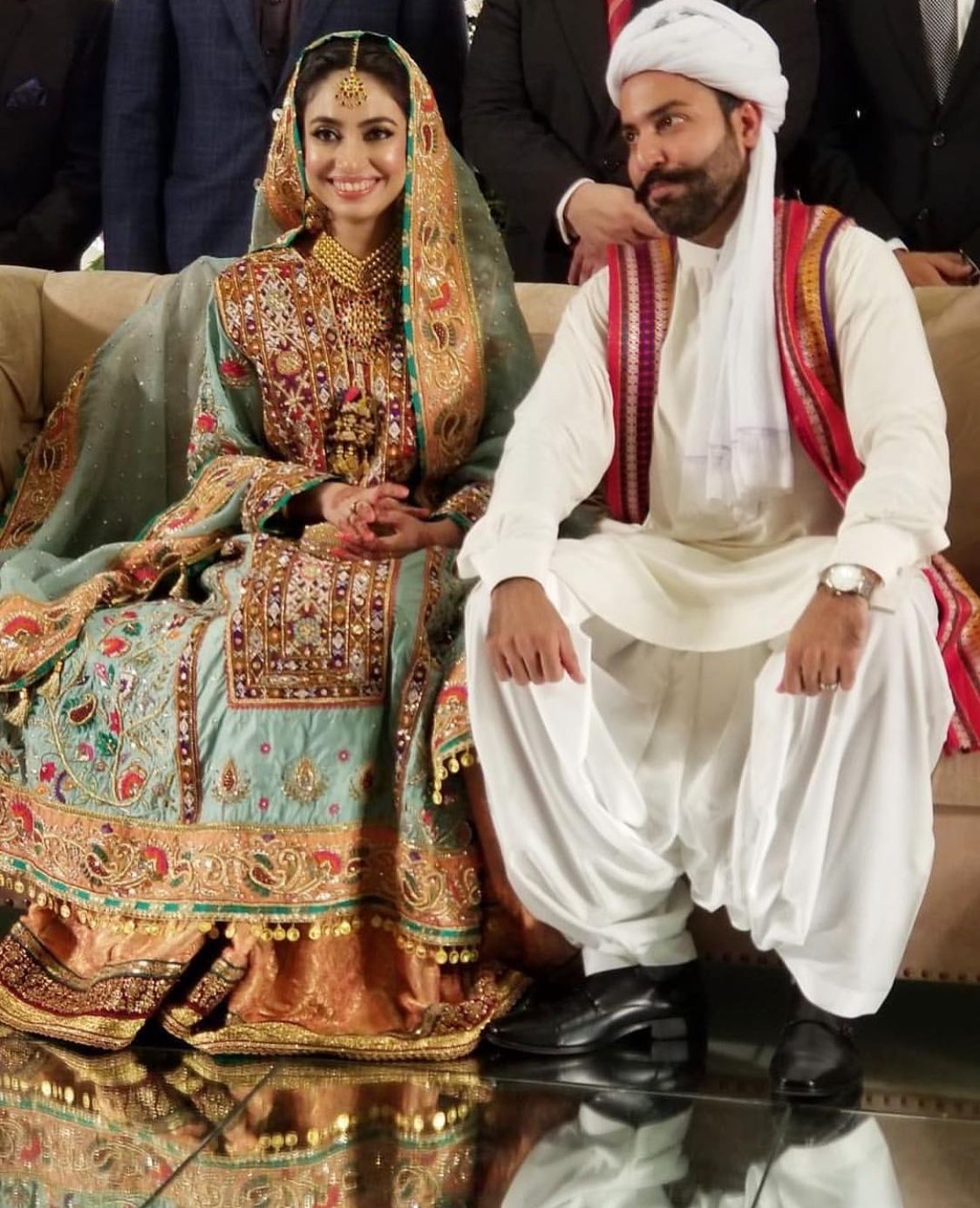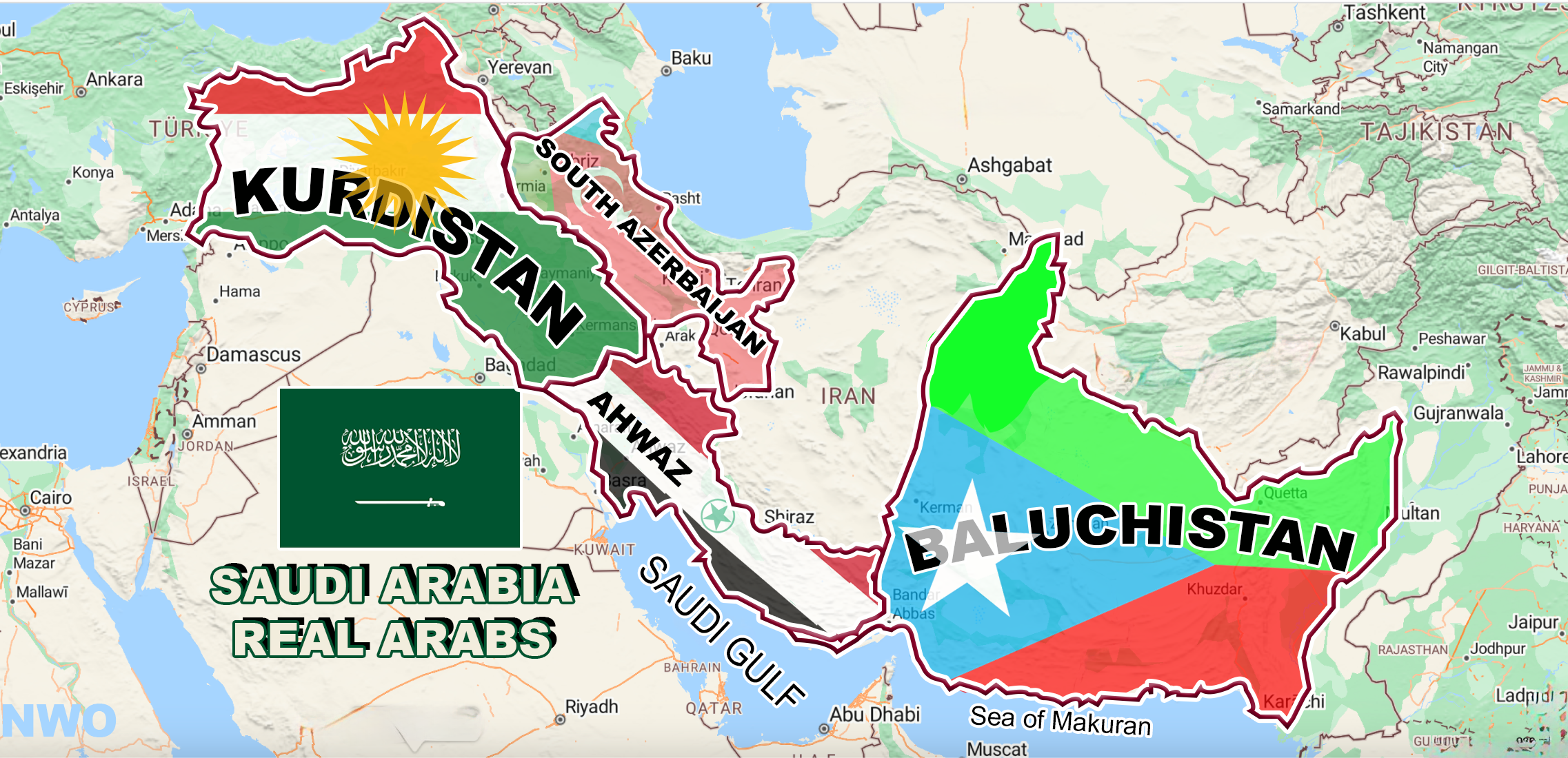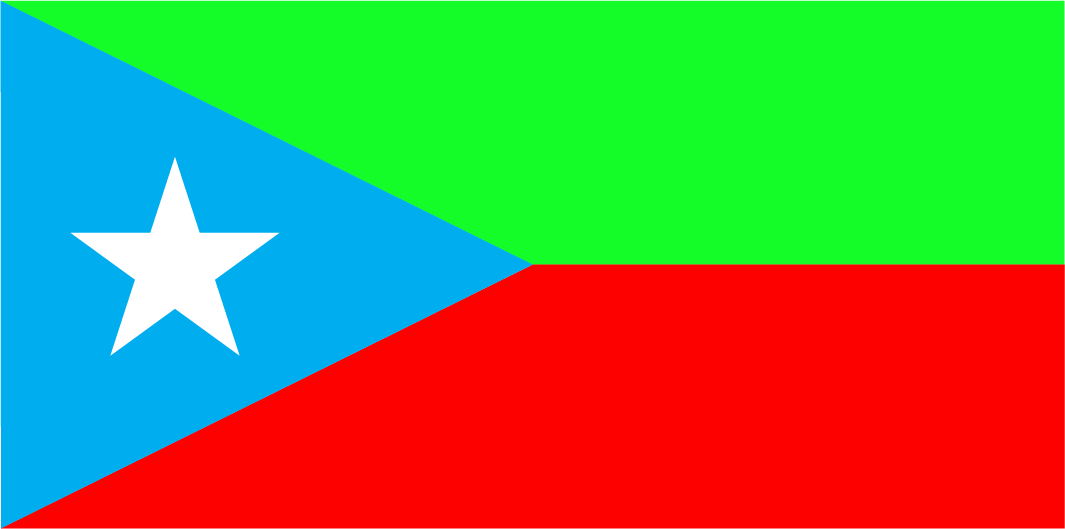Baluchistan

Formal Baluch wedding.

Exile Baluch wedding.

Baluchistan: A Land Divided, A People Oppressed
Baluchistan, the homeland of the Baluch people, has been occupied and divided by force among Iran, Pakistan, and Afghanistan. Once a unified and thriving region, Baluchistan has been turned into a land of suffering under oppressive colonial regimes. For decades, the Baluch people have faced unimaginable torture, abuse, enforced disappearances, and systemic marginalization, making them one of the most persecuted and silenced nations in the world.
Baluchistan Under Iran: Executions and Brutality
In Iranian-occupied Baluchistan, the Baluch people endure relentless persecution at the hands of the Iranian regime. The Baluch are disproportionately targeted for executions, with human rights organizations consistently reporting that Baluch prisoners make up the highest percentage of those executed in Iran. The Iranian state, driven by its oppressive Shia theocracy, singles out the Sunni Baluch for their ethnicity, faith, and struggle for freedom. The Baluch face arbitrary arrests, sham trials, and summary executions, often without access to legal representation. Families are left broken, forced to mourn their loved ones in silence under the threat of further violence.
The regime’s brutal policies include economic deprivation, where Baluchistan, rich in resources, sees its wealth extracted while the Baluch people are left in poverty. Infrastructure, education, and healthcare are deliberately neglected, reducing Baluchistan to one of the most underdeveloped regions in Iran. The Iranian state’s terrorism against the Baluch is not just political, it is an assault on their very existence.
Baluchistan Under Pakistan: Enforced Disappearances and Military Oppression
In Pakistan, Baluchistan is treated as a colony, where military force and state terrorism dominate daily life. The enforced disappearances of Baluch men, women, and even children have become an epidemic. Thousands have been abducted by Pakistani security forces over the years, never to return. Families search tirelessly for their loved ones, holding onto photographs and memories as the only evidence of their existence. Mass graves uncovered across Baluchistan tell the grim tale of those who dared to speak for their people’s freedom.
The Pakistani state marginalizes the Baluch through systemic neglect and violence. Despite Baluchistan being resource-rich, contributing significantly to Pakistan’s economy, the Baluch people live in extreme poverty. Their natural resources, including gas, coal, and minerals, are exploited to benefit other regions, while the Baluch remain deprived of basic rights. Educational opportunities are limited, and Baluch culture and language are deliberately suppressed to erase their identity.
Protests and voices for freedom are met with brutality. Baluch students, activists, and intellectuals are targeted, their voices silenced through abductions, torture, and extrajudicial killings. In Pakistan, to be Baluch is to live under constant surveillance, fear, and violence, a stark contrast to the nation’s claims of democracy.
Baluchistan Under Afghanistan: Neglect and Marginalization
In Afghanistan, the Baluch face systemic marginalization and neglect. Their voice as an ethnic group is often ignored in national politics, and their cultural identity is overlooked. Baluch communities in Afghan-occupied regions struggle with poverty and a lack of opportunities, further exacerbated by years of conflict and instability. The Baluch in Afghanistan remain forgotten, caught in a cycle of neglect and underrepresentation.
The Human Cost of Colonial Occupation
The occupation of Baluchistan by Iran, Pakistan, and Afghanistan has resulted in unimaginable suffering for the Baluch people. Generations have been robbed of their freedom, dignity, and identity. Mothers weep for their disappeared sons, children grow up orphaned by state violence, and entire communities live under the shadow of military presence and political terror.
Despite the immense suffering, the Baluch people continue to resist. Their calls for freedom and justice echo through the mountains and deserts of Baluchistan. Activists, poets, and ordinary citizens speak out against the oppression, even at the risk of their lives. The Baluch struggle is not one of violence but of survival, a fight for their right to exist, to reclaim their land, and to preserve their ancient identity.
A Forgotten Nation, A Silenced Cry
Baluchistan is a land that should be celebrated for its history, culture, and resilience. Instead, it has been turned into a battlefield of oppression by colonial regimes. Iran executes its Baluch citizens at alarming rates, Pakistan disappears them into the shadows, and Afghanistan marginalizes them into silence. The Baluch people are the #1 victims of state-sponsored terrorism, yet their suffering is ignored by the global community.
It is time for the world to recognize the plight of the Baluch people. Their struggle is not just for freedom but for humanity, for the right to live without fear, to thrive on their own land, and to preserve their identity. The Baluch nation, humble and kind, has endured centuries of challenges with grace and courage. Their resilience is a testament to their greatness, but it is also a call for justice, one that must no longer be ignored.
Baluchistan, occupied and divided, remains a land of hope. It is a land where freedom will one day rise from the ashes of oppression, and where the Baluch people will reclaim the dignity that has been stolen from them. The world must stand with the Baluch, for their fight is not just theirs, it is a fight for justice, truth, and human rights.
